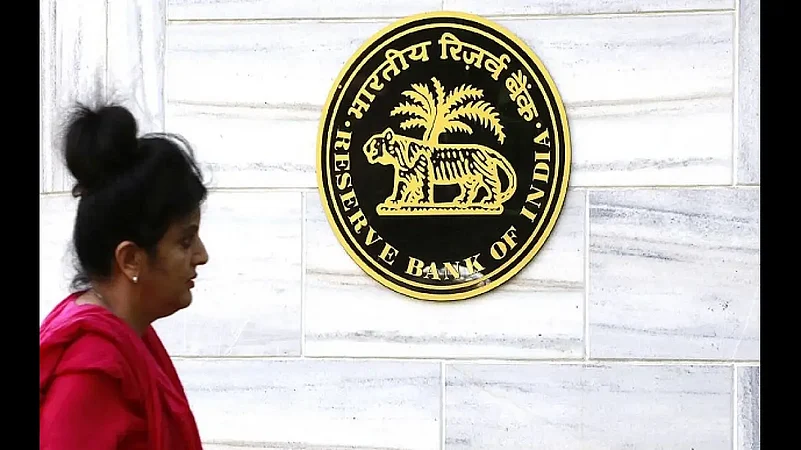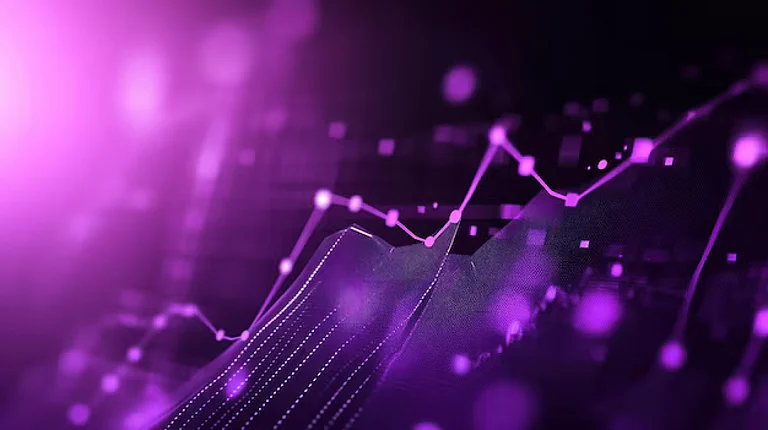Reserve Bank of India (RBI) Governor Shaktikanta Das-headed MPC has started its meet for three days beginning Monday (June 6, 2022). The RBI governor will announce the decision taken during the meeting on Wednesday (June 8, 2022).
The central bank is widely expected to hike interest rates in quick succession in its upcoming monetary policy review on Wednesday (June 8, 2022).
With the inflation showing no signs of ebbing, Das has already dropped a big hint regarding the rate hike. "…expectation of rate hike is a no-brainer, there will be some increase in the repo rates, but by how much I will not be able to tell now but to say that 5.15 may not be very accurate,” Das said in a TV interview last month.
The RBI is expected to announce a 35 to 40 basis points (bps) hike in the repo rate (from 4.75-4.8 per cent) as well as enhance the cash reserve ratio (CRR). It will follow the 40 bps increase in repo rate announced by the central bank in May after an off-cycle Monetary Policy Committee (MPC) meeting, which took the rate to 4.40 per cent.
Impact on car, home loan EMIs
The interest rate hike may be worrisome for existing and potential home and car loan borrowers as their interest rate and subsequent EMIs (Equated Monthly Instalments) will rise.
According to the RBI norms, banks are required to link the interest rates of loans with an external benchmark, which is generally the RBI’s repo rate. The final interest is a sum of external benchmark rate + margin + risk premium, thus, the repo rate hike will result in a hike in interest rates as well. Meanwhile, the bank deposit rates are also likely to increase, bringing some relief to the common man.
The EMI for fixed rate loans, for instance, personal and vehicle loans, stays the same throughout the loan’s term. Therefore, the timing of a borrower’s loan application is crucial. On the contrary, the timing of taking the loan is crucial for home loan borrowers as they usually borrow at floating rates.
The interest rate hike may not make a significant impact on the EMI payments and interest payout. Therefore, even if a borrower avails of a loan at a cheaper rate now, he/she will have to shell out a greater rate later if the lender increases its interest rates.
A borrower doesn’t have to worry about the repo rate if he/she has an existing loan at a fixed rate. However, if a borrower has floating rates on an existing loan or if he/she is planning to take a loan – at fixed or variable rates, the borrower may have to pay a higher rate if the RBI increases the repo rate further.
Here’s how much loan borrowers will need to pay after the repo rate and the subsequent interest hike on home loans: -
| Loan Amount | Rs 50 Lakh |
| Tenure | 20 Years |
| Current Interest Rate (in %) | 7.15 |
| Current EMI (in Rs) | 39,216 |
| New Interest Rate (in %) | 7.55 |
| New EMI (in Rs) | 40,414 |
| Increase in EMI (in Rs) | 1,198 |
Impact on economy
The RBI is aiming to keep inflation in check by hiking the repo rate which is already hovering around 8 per cent. The retail inflation, factored in by the central while arriving at its monetary policy, jumped for the seventh straight month to touch an eight-year high of 7.79 per cent in April, largely on account of soaring commodity rates, comprising fuel, owing to the ongoing Russia-Ukraine war.
The wholesale price-based inflation (WPI) has remained in double digits for 13 months and touched a record high of 15.08 per cent in April.
The repo rate hike will enable the RBI to suck out liquidity from the system and bring down the elevated inflation.
Impact on financial markets
The bond and stock markets are already poised for a front-loaded hike in repo rate. The broader market expectation is that the RBI will increase the key interest rate by around 40-50 bps on June 8. Short-term bond yields may ease marginally if there is any smaller rate hike, which will be a positive surprise, as already indicated by governor Das.
Market experts opine that the RBI’s thoughts on growth and inflation in its upcoming MPC meet will be an important determinant of market trend.
The market mood is expected to swing bearish if the central bank decides on stern policy tightening. The central bank’s measures to rein in inflationary pressures are going to impact the stock market too in the short run with the June 8 rate hike already being partly factored in, according to experts.
"Crude has once again inched up to ~ $120 with news of China opening up. This combined with geopolitical tensions continues to keep inflation expectations high. With RBI now prioritising inflation targeting over growth, we expect a 35-50bps rate hike along with a hike in CRR to bring down liquidity. We should be prepared for a series of rate hikes as the central bank aims to reach a neutral to positive real rates,” said Anand Nevatia, Fund Manager, Trust Mutual Fund.
The markets will be eyeing governor Das’ comments on the growth outlook, inflation projections, and liquidity measures.
































